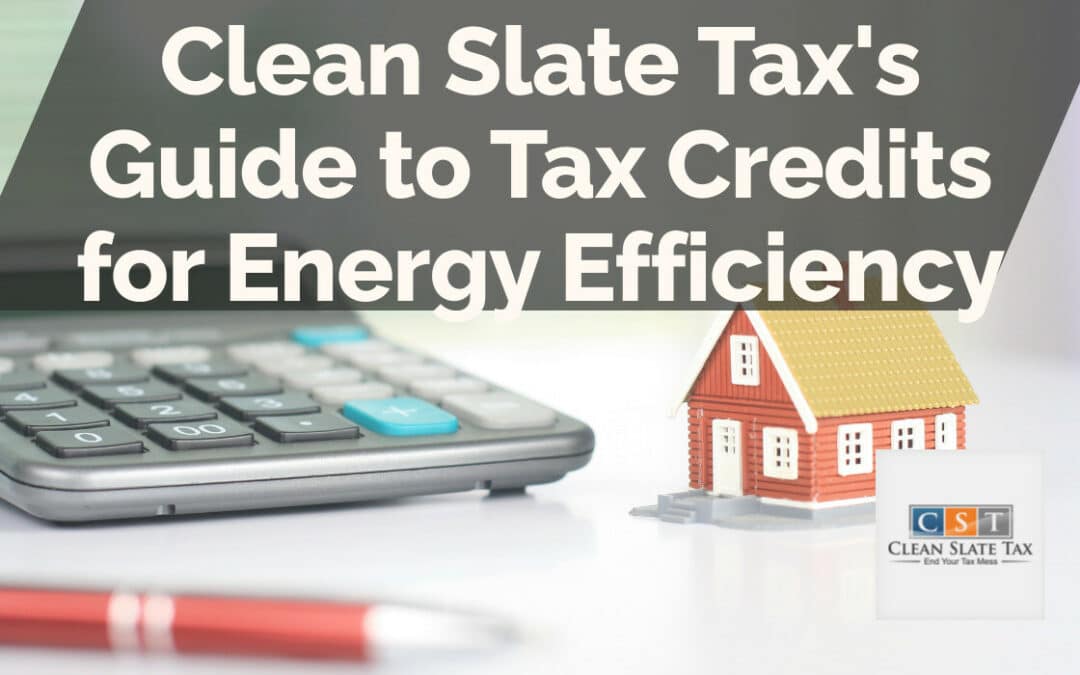Energy efficiency has become a significant concern in contemporary society as a response to environmental degradation brought about by over-reliance on non-renewable energy sources. Clean Slate Tax recognizes this, and as such, has crafted a guide to help you understand tax credits available for energy efficiency. Amending your home or business to be more energy-efficient is not only beneficial for the environment but can also give you notable tax benefits.
Understanding Energy Efficiency Tax Credit
The energy efficiency tax credit is a credit extended by the federal government for the installation of certain energy-efficient systems and improvements in homes and businesses. The objective of these tax credits is to incentivize individuals and corporations to use energy-efficient alternatives, thereby reducing carbon footprint.
Which Energy-Efficient Systems Qualify for Tax Credit?
The foremost step in benefiting from these credits is understanding which upgrades qualify. The following energy-efficient systems are eligible for tax credits:
- Geothermal heat pumps
- Solar energy systems (solar panels or photovoltaics)
- Solar-powered water heaters
- Fuel cells
- Wind turbines
- Gas, propane, or oil hot water boilers
- Non-solar water heaters
How Can You Claim Your Tax Credit?
To claim these energy efficiency tax credits, taxpayers must file the IRS Form 5695 and transfer this form’s result to the corresponding section of Form 1040, 1040-SR, or 1040-NR. Taxpayers have to ensure they obtain a Manufacturers Certification from the company that produces their system, asserting that their product qualifies for the tax credit.
Frequently Asked Questions
Do energy-efficient vehicle purchases qualify for the tax credit?
Energy-efficient vehicles, such as electric vehicles and plug-in hybrids, may qualify for tax credits. However, these credits are subject to specific rules which are not encompassed by this guide.
Can I earn a tax credit for making energy efficiency improvements to my rental property?
Unfortunately, improvements made to rental properties typically do not qualify for energy-efficiency tax credits, but it’s always advisable to consult with a tax professional to evaluate your situation and get accurate information.
Conclusion
Transitioning into energy-efficient systems can be beneficial not only to the environment but also to your finances, thanks to tax credits. Whether you install a small wind turbine in your yard or opt for solar-powered water heaters, the federal government may award you for your green efforts. If you’re considering pivoting towards these systems, consider consulting with a tax professional or an expert like Clean Slate Tax to understand the potential benefits fully.





